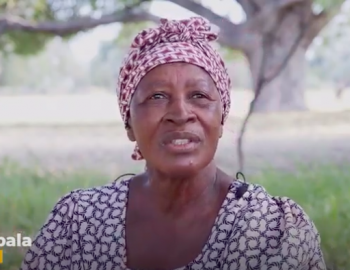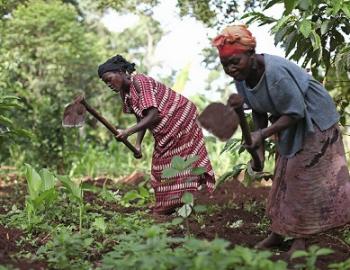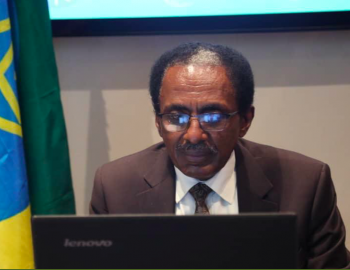POLICY BRIEF: Achieving water, energy and food security in Indonesia
POLICY BRIEF: Achieving water, energy and food security in Indonesia
This policy brief draws on a series of studies, multi- stakeholder meetings and group discussions that explored the challenges facing Indonesia’s national and provincial governments in achieving both development and environmental goals. The analysis is informed by a water- energy-food (WEF) nexus framework that has emerged as an important concept for addressing resource trade-offs.
The report firstly highlights trade-offs and synergies in existing development plans that undermine efforts towards a holistic sustainable development agenda. Secondly, it identifies coordination gaps, priorities and entry points to improve resource use governance within three key policy frameworks: (a) spatial planning (b) development planning and (c) climate mitigation and adaptation planning.
These recommendations aim to inform ongoing policy development including the next mid-term development plan (RPJMN 2020-2025) and the implementation of the Paris Climate Agreement, which was recently ratified by the Indonesian Government through its NDC as well as its Sustainable Development Goal commitments.



